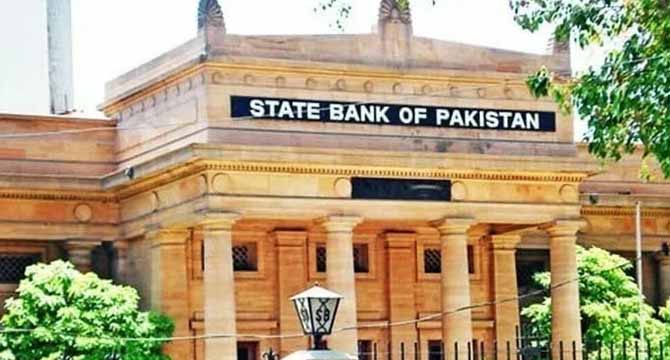KARACHI , June 15, 2023: The record high policy rate of 21 per cent is damaging to Pakistan’s economy as it discourages new investments and expanding existing setups, thus also resulting in layoffs due to the unsustainability factor and lack of job opportunities.
Thus a overwhelming majority of businessmen and experts, if not all, are expressing their reservations over the decision made by the State Bank of Pakistan’s Monetary Policy Committee to maintain the 21pc policy rate.
Although there was a broad consensus that the policy rate won’t be hiked but some were hoping for at least some respite. However, the SBP – now a completely autonomous institution after the legislation introduced by the previous PTI government under the conditions laid down by the IMF – dashed their hopes.
The experts point to the fact that high policy rate means the borrowing money from commercial banks amid the current state of affairs further multiplies the cost of doing business in a country which, according to a World Bank report, is already ranked 108th out of the 190 countries around the globe.
And these concerns are not just limited to Pakistan as the investors and businessman even in the developed economies have been hit hard by the high interest rates, thanks to the thinking behind this approach promoted and encouraged by the international financial institutions like the IMF.
They argue that high interest rates haven’t curbed inflation anywhere in the world and, in fact, complicated the affairs fuelling the prices and cost of doing businesses.
China is a great example to prove this point which is not follwoing the line of action advocate by the likes of IMF and adopted by the US and Europe . It’s central bank cut a key interest rate and pumped billions into financial markets Thursday, as fresh data showed the world’s second-largest economy was flagging.
Read more: China central bank cuts key interest rate to boost economy
The latest move move comes soon after the Chinese central bank cut the interest rate on its one-year medium-term lending facility amid an economic slowdown, the first such easing in 10 months, paving the way for cuts in the benchmark loan prime rates (LPR) next week.
Read more: China’s economy slows in May, firming case for more support
Same is the case in Pakistan where hiking the policy rate from 9.75pc to 21pc over the last five quarters couldn’t arrest inflation which is touching the record-high level. It has only resulted in more sufferings for the people thanks to reduced purchasing power and stagnant, if not reduced, income.
Moreover, people don’t get new jobs as the businesses are not creating new employment opportunities at a time when they are losing the existing ones.
One has to understand that inflation in Pakistan is caused by multiple factors ranging from the rupee depreciation, record hike in international commodity prices, increase in energy tariffs and other forced measures by the IMF.
Even Finance Minister Ishaq Dar stands for low interest rate and a strong rupee. That’s why he said at the time joining the cabinet in September last year that he would work to rein in inflation while cutting interest rates, saying the rupee currency was undervalued and promising a strong response to the South Asian nation’s worst economic crisis.
“We will bring interest rates down,” he said at that time. “Our currency right now is not at the place where it should be, it is undervalued,” said Dar, who is known to favour currency market intervention to keep the rupee stable.

